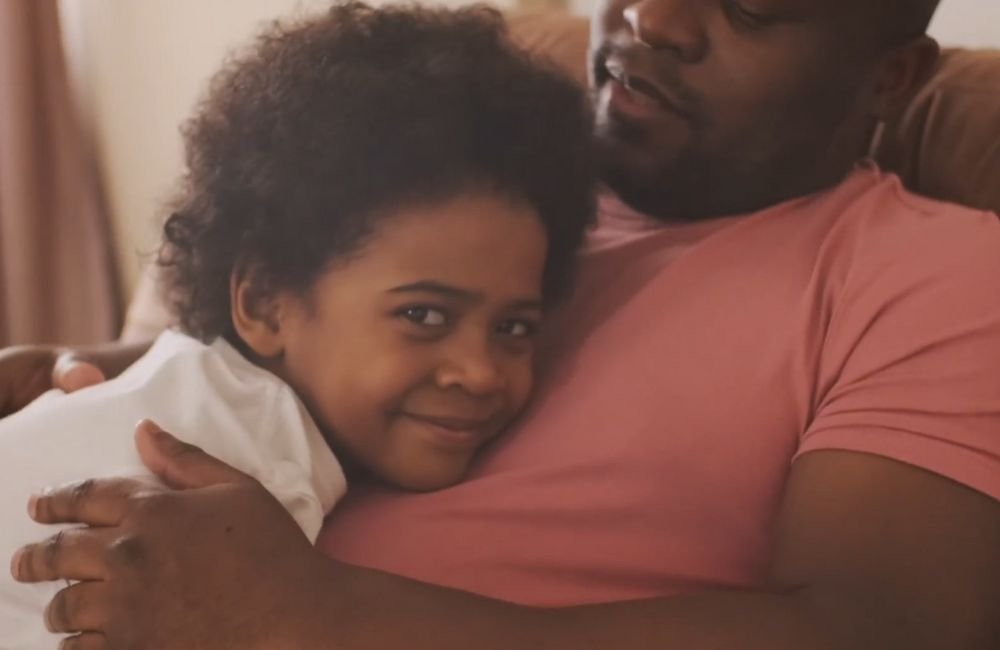Custody matters are important in every parent’s life. When a marriage or relationship ends, the term “custodial parent” often arises. But what does it truly mean, and how does it impact your role as a parent? Whether you’re navigating a divorce, separation, or simply looking to understand the term better, this guide will walk you through the key facts about custodial parents.
What is the Role of a Custodial Parent?
At its core, a custodial parent is the parent who has primary physical custody of the child. This means the child lives with this parent most of the time. Being the custodial parent involves more than just having your child with you. It encompasses a wide range of responsibilities, from day-to-day care to making crucial decisions in your child’s life.
What Does Custodial Parent Mean?

A custodial parent is usually the one who has been granted custody through a court order. This custody can be sole or joint, but the custodial parent is the one who typically has the child under their roof. However, custody arrangements can vary, and the specific terms depend on the agreement or ruling in each case.
In a divorce or separation situation, the custodial parent takes on most of the daily duties related to the child’s care, from managing school schedules to attending doctor appointments. The non-custodial parent, on the other hand, typically has visitation rights and may contribute financially through child support.
Rights and Responsibilities of a Custodial Parent
Being a custodial parent is both a privilege and a significant responsibility. Below are the key duties and rights associated with this role:
Daily Care and Routine
The custodial parent is responsible for the child’s day-to-day life. This includes everything from providing meals, clothing, and a safe living environment to handling schooling, extracurricular activities, and social relationships. Essentially, the custodial parent is there to meet the child’s basic needs and ensure their well-being.
Legal and Medical Decisions
The custodial parent often has the legal right to make important decisions about the child’s upbringing, including medical care, education, and religious practices. In joint custody situations, both parents may share these decisions. However, if the custodial parent holds sole custody, they have the final say.
Financial Obligations
While the non-custodial parent may be required to pay child support, the custodial parent often bears a larger portion of the financial burden associated with raising a child. This includes everyday expenses like groceries, clothing, and school supplies, as well as unexpected costs, such as medical bills.
Types of Custody: Sole vs. Joint Custody
Custodial parents can have either sole custody or joint custody. Here’s a breakdown of the differences:
Sole Custody
In sole custody arrangements, one parent has exclusive physical and legal custody of the child. This parent is responsible for all major decisions and the child’s daily care. The other parent may still have visitation rights, but they do not have the same level of decision-making authority.
Joint Custody
In joint custody arrangements, both parents share the responsibility of making important decisions for the child. However, one parent is still designated as the custodial parent, while the other is the non-custodial parent. The child may split time between both parents’ homes, but one home is often considered the primary residence.
Benefits of Being a Custodial Parent
There are significant advantages to being a custodial parent, such as having a stronger emotional connection with your child due to spending more time together. You also have more control over your child’s routine, ensuring they grow up in a stable environment that aligns with your values.
Bonding Time
One of the primary benefits of being a custodial parent is the ability to develop a close bond with your child. Since the child lives with you most of the time, you have the opportunity to witness their growth, understand their needs, and be a consistent presence in their life.
Stability and Structure
Children thrive in environments where they feel secure. As a custodial parent, you can provide the stability and routine that children need to succeed academically, emotionally, and socially. Whether it’s consistent mealtimes or regular bedtime routines, your child will benefit from your presence and guidance.
Challenges of Being a Custodial Parent
While being a custodial parent has its rewards, it also comes with challenges that shouldn’t be overlooked. Parental Alienation can severely impact a child’s relationship with both parents, making co-parenting more challenging
Time and Energy
Raising a child on a daily basis can be exhausting. You are responsible for all the tasks that come with parenting, including cooking, cleaning, helping with homework, and addressing emotional issues. Finding time for yourself can be difficult when your child is your primary responsibility.
Financial Strain
Financially, the burden of raising a child often falls more heavily on the custodial parent. Even if you receive child support, the costs of raising a child—food, clothing, schooling, and activities—can add up quickly. It can be challenging to balance work and personal finances while still providing for your child.
The Importance of Co-Parenting
Even if you are the custodial parent, maintaining a good relationship with the non-custodial parent is essential for your child’s well-being. Co-parenting involves working together to make joint decisions that benefit your child, ensuring they receive love and support from both parents.
Communication is Key
Keeping lines of communication open with your co-parent can make custody arrangements smoother and reduce tension. Good communication allows both parents to be informed about the child’s life and create a supportive environment, even from separate households.
Legal Considerations for Custodial Parents

Custodial parents have legal rights that protect their role, but it’s also important to stay informed of your responsibilities under the law.
Custody Agreements
Custody agreements outline the rights of both parents and are legally binding. These agreements can be modified if circumstances change, but any adjustments must go through the legal system. It’s important to follow the terms of the agreement to avoid potential legal issues.
Parental Relocation
If a custodial parent wants to move to a new city or state, it may impact custody arrangements. In most cases, the custodial parent must get court approval before relocating, especially if it affects the non-custodial parent’s visitation rights.
Conclusion
Being a custodial parent is a deeply rewarding experience, allowing you to be at the center of your child’s life. While the role comes with its share of challenges—such as time, energy, and financial strain—the emotional connection and ability to provide stability for your child are invaluable. With proper support, effective co-parenting, and a focus on your child’s best interests, being a custodial parent can be a fulfilling and positive experience.


